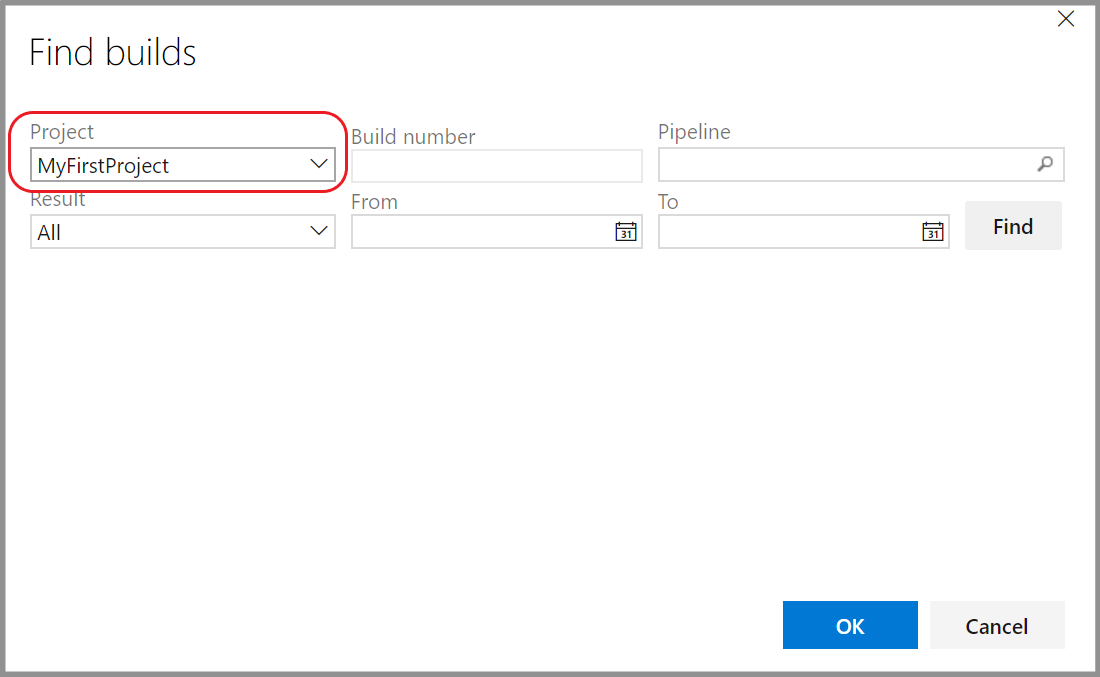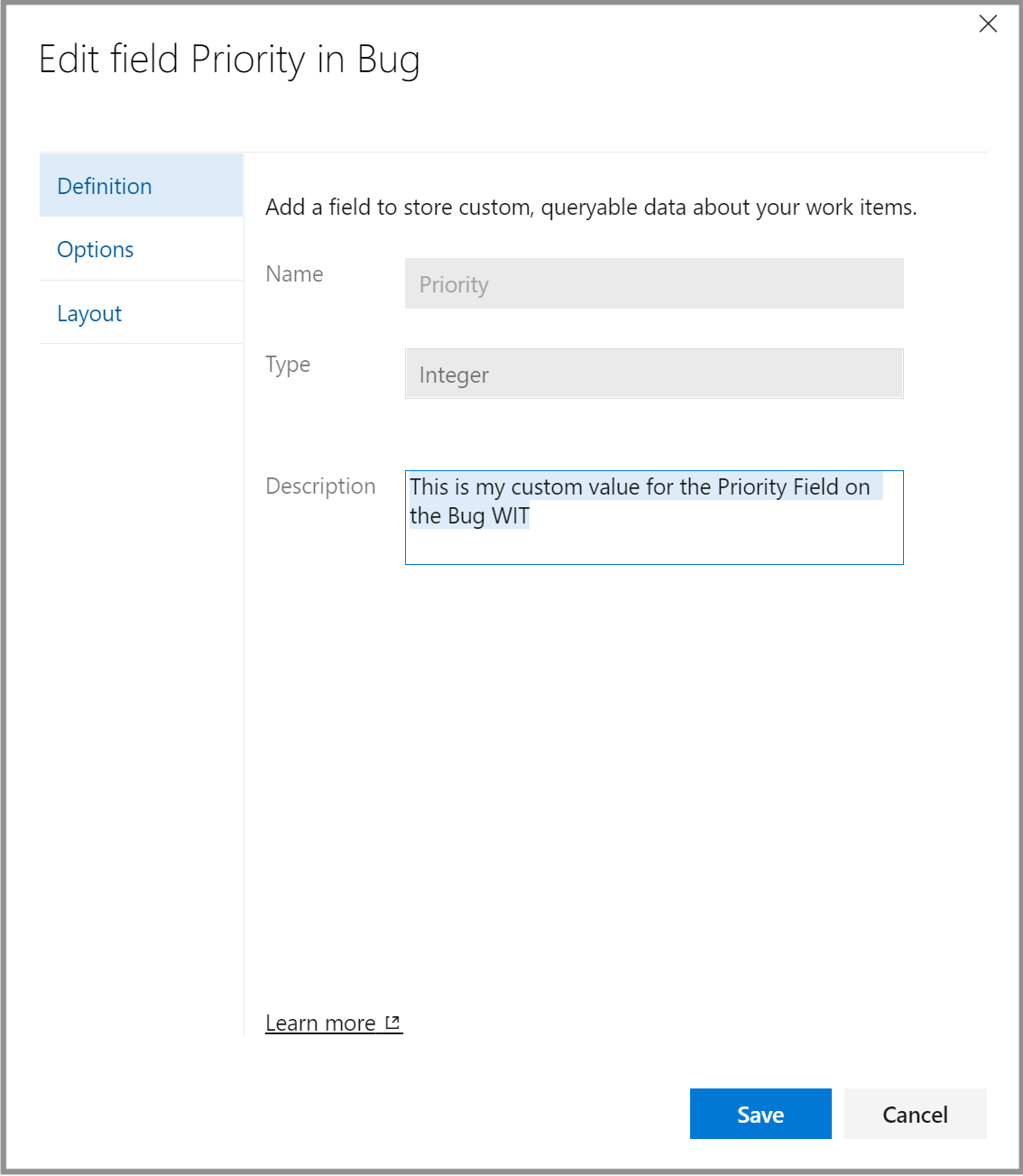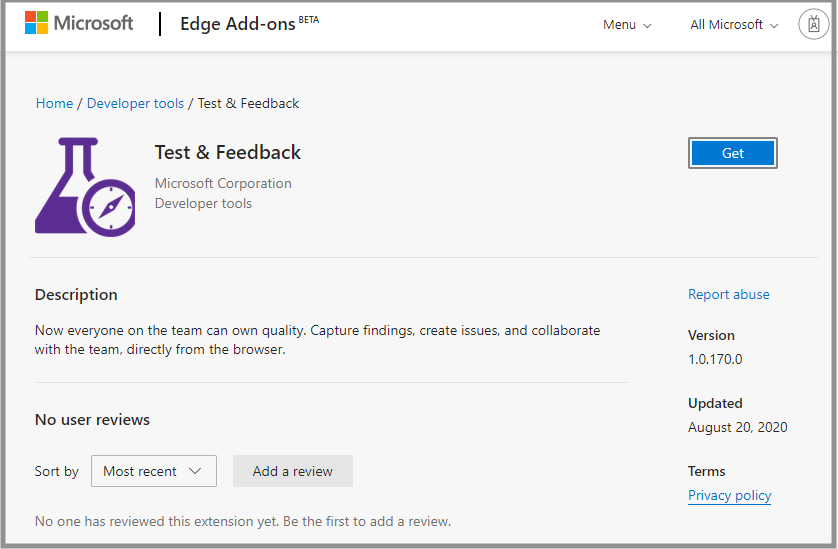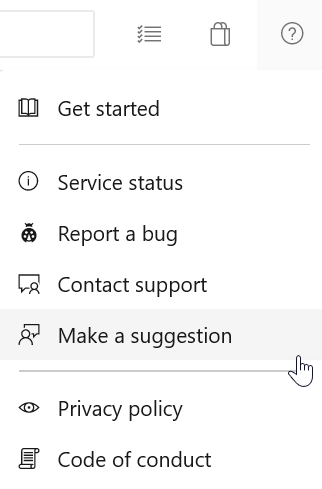Scale-set agents is now generally available
In the past couple of months, we released the scale-set agents for preview. And we're now excited to announce its general availability.
Check out the Features list below for details.
Features
Azure Boards
- Allow stakeholders to move work items across board columns
- Link your work item to builds in another project
- Editing description (help text) on system fields
Azure Pipelines
- General availability of scale-set agents
- Run this job next
- Template expressions allowed in YAML
resourcesblock - Control over automated task updates from Marketplace
Azure Test Plans
Azure Boards
Allow stakeholders to move work items across board columns
Stakeholders now have the ability move work items across board columns on both the Kanban and Task boards.
Link your work item to builds in another project
You can now easily track your build dependencies across project just by linking your work item to a Build, Found in build, or Integrated in build.

Editing description (help text) on system fields
You have always been able to edit the description of custom fields. But for system fields like priority, severity, and activity, the description was not editable. This was a feature gap between the Hosted XML and Inherited that prevented some customers from migrating to the Inherited model. In sprint 175, you can now edit the description on system fields. The edited value will only affect that field in the process and for that work item type. This gives you the flexibility to have different descriptions for the same field on different work item types.

Azure Pipelines
General availability of scale-set agents
A few months ago, we announced the preview of Scale-set agents. We are now happy to announce the general availability of this feature. In the last two months, we improved the reliability in performing various scale-set operations. We updated the guidance on how you can improve the performance of provisioning new virtual machines. We moved the logic for installing an agent into a custom VM extension so that you can leverage the VM script extension slot for your own needs. Finally, we improved diagnosability by surfacing the errors when we perform scale-up or scale-down operations on Azure.
Run this job next
Have you ever had a bugfix which you needed to deploy right this minute but had to wait behind CI and PR jobs? With this release, we now allow you to bump the priority of a queued job. Users with the "Manage" permission on the pool - typically pool administrators - will see a new "Run next" button on the job details page. Clicking the button will set the job to be run as soon as possible. (You'll still need available parallelism and a suitable agent, of course.)
Template expressions allowed in YAML resources block
Previously, compile-time expressions (${{ }}) were not allowed in the resources section of an Azure Pipelines YAML file. With this release, we have lifted this restriction for containers. This allows you to use runtime parameter contents inside your resources, for example to pick a container at queue time. We plan to extend this support to other resources over time.
Control over automated task updates from Marketplace
When you write a YAML pipeline, normally you specify only the major version number of the included tasks. This allows your pipelines to automatically take the latest feature additions and bug fixes. Occasionally you may need to roll back to a previous point release of a task, and with this update, we added the ability for you to do so. You may now specify a full major.minor.patch task version in your YAML pipelines.
We don't recommend that you do this regularly, and use it only as a temporary workaround when you find that a newer task breaks your pipelines. Also, this will not install an older version of a task from the Marketplace. It must already exist in your organization or your pipeline will fail.
Example:
steps:
- task: MyTask@1 # a normal, major-version only reference
- task: MyOtherTask@2.3.4 # pinned to a precise version
Azure Test Plans
The Test and Feedback extension is now available in the Microsoft Edge store
You can now perform exploratory testing in both connected mode and standalone mode on the Microsoft Edge browser by installing the Test and Feedback add-on. Visit the marketplace for more details.

Next steps
Note
These features will roll out over the next two to three weeks.
Head over to Azure DevOps and take a look.
How to provide feedback
We would love to hear what you think about these features. Use the help menu to report a problem or provide a suggestion.

You can also get advice and your questions answered by the community on Stack Overflow.
Thanks,
Aaron Hallberg